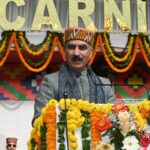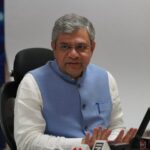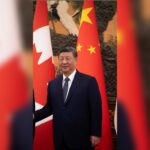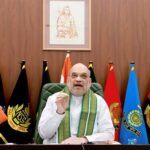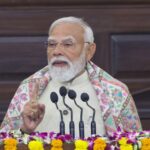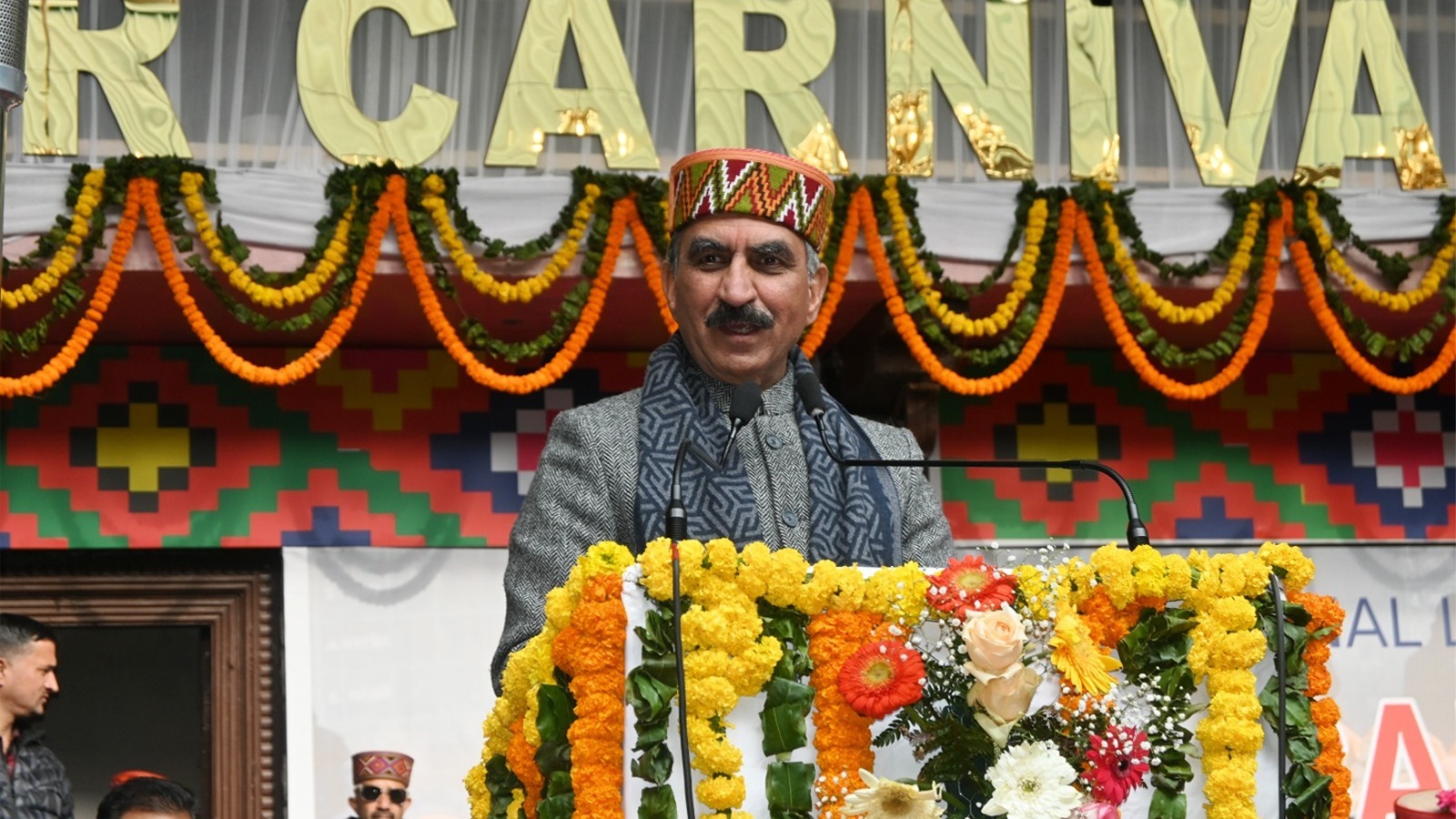
The world is always in motion, but the past decade has seen an extraordinary acceleration in global realignment. The United States, long regarded as the bedrock of liberal democracy and global stability, is beginning to look unmoored—its stature dented not by the rise of rivals alone, but by its own leadership. At the centre of this shift is US President Donald Trump, once again courting the Oval Office, yet showing little of the restraint or responsibility such a position demands.
Trump’s promise to “Make America Great Again” echoes with familiar populist cadence. Yet, if this is the last hope for greatness, America should be deeply concerned. In his third month of a potential return to power, Trump has managed to unsettle allies, erode institutions, and confuse adversaries without delivering measurable gains.
He vowed to end the Russia-Ukraine war “within days”—that timeline has long expired. His fiery rhetoric on tariffs, especially aimed at China, now sounds hollow in light of the economic pain felt at home. Inflationary pressure, rising import costs—even on basic Canadian goods—has left American consumers bearing the brunt of what increasingly looks like performative economic nationalism.
On the diplomatic front, his flirtations with regimes antithetical to Western values are cause for concern. From praising UAE rulers in disturbingly personal tones to accepting aircraft and engaging with individuals linked to Hamas, Trump appears to be redrawing American foreign policy with a disregard for precedent or principle. Most notably, his perceived pivot away from India toward Pakistan—a nation once harbouring Osama bin Laden—sends troubling signals to a key strategic partner.
Even more worrying is the tone Trump sets. Leadership at the global level requires tact, maturity, and a consistent moral compass. When the President of the United States insults NATO, disrespects the United Nations, mocks the WHO, and alienates the EU and Ukraine, the world listens—and takes notes. Power is not merely projected through military or economic might, but through reliability and respect for allies and institutions.
America’s reputation is further undermined by its internal fragility. A $34 trillion national debt, declining credit outlooks, and unresolved scars from 9/11 and the chaotic Afghan withdrawal are stark reminders that greatness cannot be declared; it must be earned.
In this vacuum of credibility, the temptation for nations like China, Russia, and India to forge an alternative world order grows stronger. For them, the unpredictability of US policy becomes a strategic opportunity.
If America is to restore its leadership, it needs less showmanship and more statesmanship. Character, integrity, and a commitment to democratic values—not transactional bravado—will define whether the US remains relevant in an increasingly multipolar world.
Mr Trump would do well to remember: in a world filled with strategic competitors, even a superpower needs friends.



